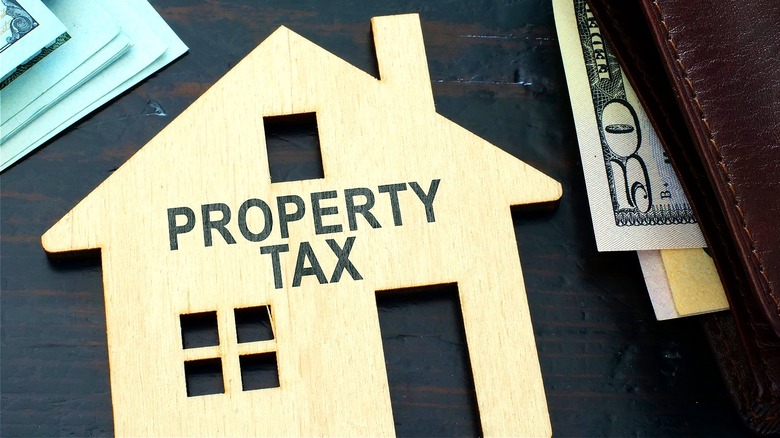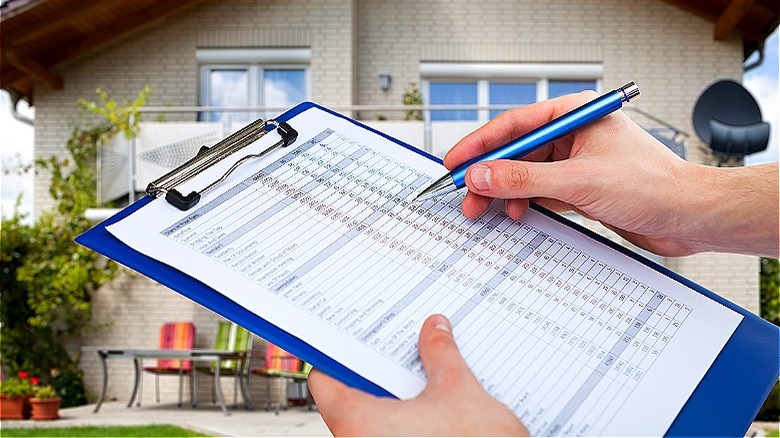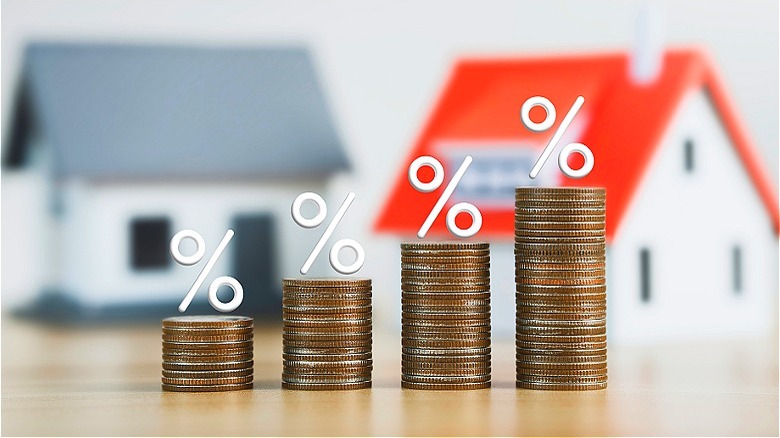The Sneaky Risk That Comes With Appealing Your Property Taxes
Since the beginning of the COVID-19 pandemic, home prices in the United States have surged by leaps and bounds. For example, the median price of an existing U.S. home jumped from $280,700 in March 2020 to almost $414,000 at the market peak in June 2022, according to National Association of Realtors data. Since that peak, home prices have fallen somewhat as a result of a higher interest-rate policy that the Federal Reserve is using to fight inflation to achieve a soft landing for the U.S. economy, but values still remain elevated when compared to pre-pandemic.
For some homeowners, that record level of price appreciation is a mixed blessing. Many folks find themselves sitting on a massive pile of home equity, but that windfall also hasn't gone unnoticed by the local taxing authorities, which are raising property assessments by a commensurate amount. The frequency with which cities and counties reassess property values for tax purposes varies, from every year to gaps up to two years or even longer; thus some homeowners are only now learning about a huge jump in property taxes.
The good news is that if homeowners think that the assessed value is unfairly high, it's within their right to appeal the valuation. However, that's not without a certain risk: By drawing attention to your property, discoveries can be made that actually increase the assessed value rather than lowering it.
Consider getting the help of a professional
The National Taxpayers Union reports the number of inaccurate assessments leading to inflated property tax obligation can reach 30% or higher in certain parts of the United States. Yet, fewer than 5% of property owners choose to appeal the valuation. If your most recent property tax bill resulted in sticker shocks, the first step is to research the recent sales of similar properties online — what real estate professionals call "comps," short for comparables. Homeowners who have no intention of selling or extracting equity from their homes via loans may not be aware just how much selling prices have indeed increased in recent years.
After doing your own research, if you still feel the assessment value and associated property tax is unfairly high, it's time to get the opinion of a qualified third party. Hiring a professional appraiser is one option, although pricey (on average, about $500). Another alternative is to get an "opinion of value" (it's not technically an appraisal) from a local real estate agent. Often, real estate agents will provide this service free of charge as a gesture of goodwill to promote their business.
In any case, you'll want to act quickly when it comes to appealing a property tax assessment. The amount of time to appeal varies by city, county, and state, but is typically in the 30- to 45-day range after the assessment is received. Experts recommend that when speaking with the taxing authority, keep your appeal concise and professional. Also, avoid making criticisms or getting angry, which could be harmful to the appeals process.
The one way your appeal could backfire
Although it's unlikely, there's always the small possibility your home's assessed value may actually increase when appealing a property tax assessment, rather than decrease. This can happen when the information that you submit during the appeals process reveals additional desirable characteristics of your home that the taxing authority wasn't previously aware of. For instance, your home might have a swimming pool or an additional living space in the form of a finished basement that the assessors weren't accounting for but will then be brought to their attention during the appeal.
In the end, appealing your property tax assessment is a worthwhile, straightforward, and not overly time-consuming endeavor you may decide to take on if you think you've been improperly charged. However, be sure to scrutinize all documentation before making the final decision to appeal, lest you run the risk of providing assessors with additional ammunition to increase your home's valuation — rather than the opposite.


